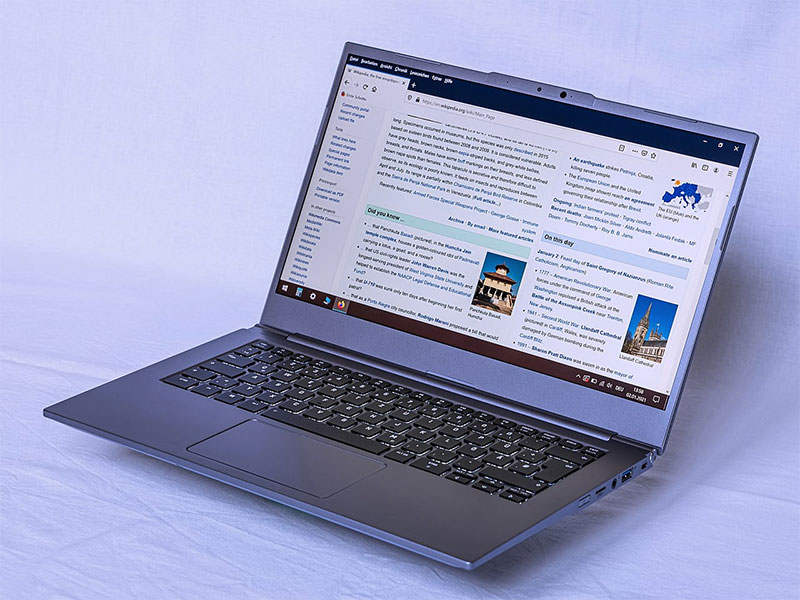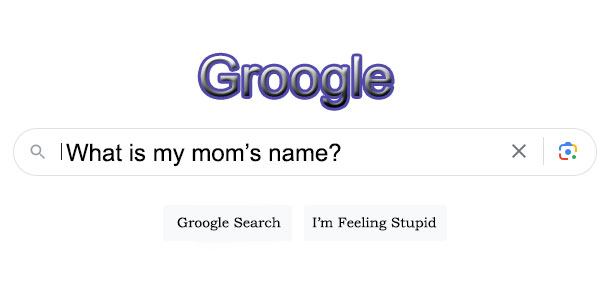
In my last post, I wrote about the current state of cursive in public education (inconsistently taught), why some people argue against teaching it (pointless in the digital age), and why some people argue for teaching it. Namely, it’s good for fine motor skills and processing our thoughts and has some practical uses. As I read about that topic, I also learned about other ways the digital age is affecting learning, writing, and research.
Get a free sample proofread and edit for your document.
Two professional proofreaders will proofread and edit your document.
We are just beyond a crossroads with digital technology. People in their forties and older grew up in a largely non-digital environment, and most everyone under forty has lived in a largely digitally dominated world. The former include people whose reactions to this “new” aspect of life include fear, acceptance, and everything in between. The latter include people who see digital technology as a natural part of life.
The growth of the internet from a few scientists’ pet project to everyone’s necessary tool was incredibly fast, and now digital technology has become a mandatory component of learning, researching, and thinking.
Since the COVID-19 pandemic, the issue of computers in schools has been an especially big topic of discussion. Most schools have a 1:1 device-to-student ratio at this point, with many middle- and high-school students coming and going with district-provided devices and elementary students using devices for classroom and sometimes home use. Some argue this means too much screen time for students, but others say that used mindfully, computers and tablets are just additional tools to help students access information, communicate, and complete work.
I tend to agree with the latter argument, though as a parent I do remember during the pandemic that it felt like the reigns on screen time had been tugged from my hands. These days, as a parent and teacher, I do mostly see the advantages of students’ using computers and tablets for learning. Though I do not like to read on a screen personally, I can even see the advantages even of digital books, such as ease of access and searchable text.
Digital information organization is another interesting development. A mere forty years ago, people used card catalogs to find books, and now almost everything (e.g., library materials) is accessible online. Library catalogs used to be books containing lists of materials to the innovative card catalog method. Rather than having to reprint a book, a single new or revised card was needed when new materials were added or old materials were changed. Now we have local databases of materials to the online databases and catalogs. Information is literally at our keyboard fingertips at almost every moment as long as we have a smartphone or computer handy.
Computers are thus considered essential tools for learning and accessing information; our daily activities have been enhanced and forever changed, most would argue for the better and some for the worse. Our minds are changed by all of this as well, and it is this change that I find most interesting. Knowing that we carry with us all the information almost all the time has changed the way people communicate and think. It can be difficult to control the urge to Google anything unknown that comes up in conversation.
One such change is something called the Google Effect. On an individual level, the Google Effect refers to the tendency people have to quickly forget information they look up online. Some people have described this in a positive light as a sort of efficiency. Our brains are not wasting time remembering things we can just look up again as needed. Other people are more concerned about the Google Effect’s leading people into situations where they can’t remember information they need when they really need it, like an important phone number when your phone isn’t handy or personal information about our friends and family.

In addition to the Digital Age’s providing access to educational tools, well-organized data, and infinite information (for better or for worse), it has brought people closer to the goods and services they seek. After all, you are reading this blog (web-log) by ProofreadingPal, an extremely convenient online proofreading and editing company providing service 24/7 to students and other writers worldwide. You can even try our online editing services for free.
Sarah P.
Get a free sample proofread and edit for your document.
Two professional proofreaders will proofread and edit your document.
Get a free sample proofread and edit for your document.
Two professional proofreaders will proofread and edit your document.
We will get your free sample back in three to six hours!